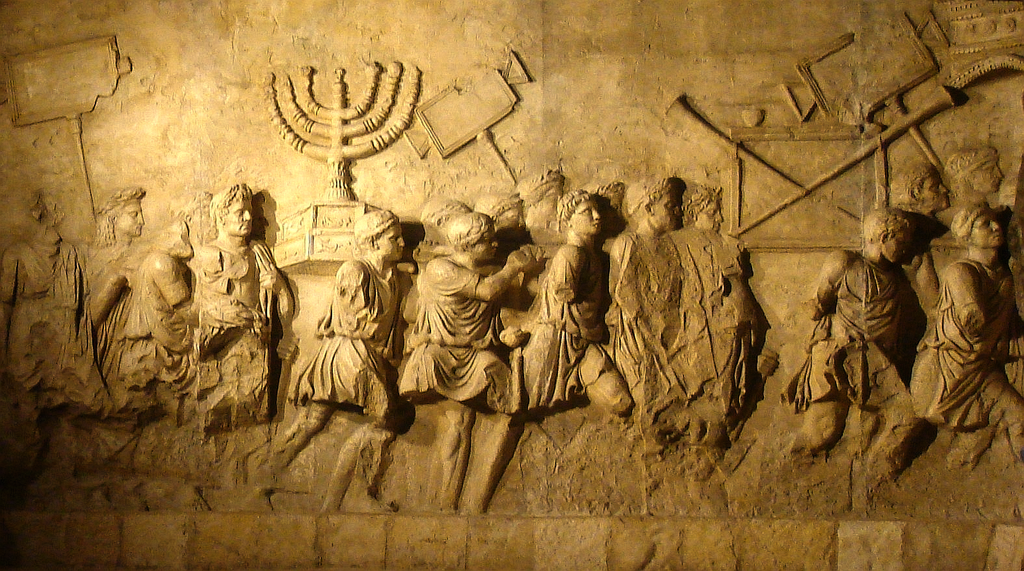 |
| The Prophet Malachi by James Tissot |
What is the preparation for?
The first period attempts to demonstrate that the long history of the Jewish people from the time of Joseph until the time of Jesus was a time through which God educated the Jewish nation to prepare themselves to receive the Messiah. The Jewish people would never believe that they were destined to reject God's representative. Their history confirms that claim and repudiates the idea that they were predestined by God's will to reject the Messiah.
The period of time from Malachi to Jesus is one in which the Jewish people's desire to receive the promised Savior increased in intensity as they were subjected to foreign powers that disrespected their religious practices and attempted to impose the religion of the Gentiles upon their own culture. Scholars argue that the revolts against Rome centered around several such threats:the establishment of the pagan city of Aelia Capitolina on the ruins of Jerusalem, Hadrian's ban on circumcision, and the construction of a temple to Jupiter on the Temple Mount.
The convergence of all of these events may have been a factor in leading eventually to the appearance of Simon bar Kokhba (son of a star), a pseudo-messiah. He has come closer than any other messianic claimant to be seen by the Jews as someone who achieved many things only a messiah could have done. About 100 years after Jesus, this man fought against the Roman Empire, winning over the 10th Legion and taking back Jerusalem. He restored self-government for a period of three years and took the title of Nasi. ("prince").
Rabbi Akiba, one of the most influential Jewish teachers of all times, testified in his favor. However, his reign came to an end when, after a period of three years, the Romans sent six full Legions to regain their control over Israel. The extend of the devastation reached such a level that some scholars have regarded it to be one of the earliest genocides known to man. Consequently, though he is looked at by many Jews as a hero, for the eventual failure of his attempt to bring back the glory of the times of David he is not seen as the Messiah by anyone. For Judaism the Messiah must be victorious and accomplish the historical tasks assigned to him.
 |
| "Depiction of the Roman triumph celebrating the Sack of Jerusalem on the Arch of Titus in Rome. The procession features the Menorah and other vessels taken from the Second Temple." Courtesy of Wikipedia |
Before going into a closer examination of the time of Jesus and why the Jewish people failed to recognize his identity even though God had prepared them for centuries through prophets, we will study briefly each of the periods of Christian history that parallels the providential development of the history of Israel.
Comments
Post a Comment